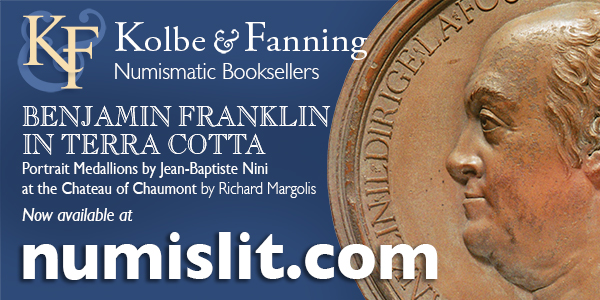
PREV ARTICLE
NEXT ARTICLE
FULL ISSUE
PREV FULL ISSUE
BUYER’S GUIDE TO THE WORLD’S TOP TROPHIES
This article earlier in the week from the Guardian described a different reason for the scientist's medal coming on the
market. It goes on to discuss selling prices for other high-level achievement awards. See the online article for more. -Editor
They may be the trophies that every scientist, actor or athlete dreams of winning, but sometimes even the world’s top awards are just clutter. That at least is the message from the retired experimental physicist Leon Lederman, who is flogging his Nobel prize medal. In a high-brow equivalent of cash in the attic, the 92-year-old says he is selling the medal because it is just taking up space in his log cabin. Lederman used his original prize money to buy his holiday home and now wants to get rid of the 1988 trophy. “The prize has been sitting on a shelf somewhere for the last 20 years,” he says. “It seems like a logical thing to do.” But Lederman is not the first Nobel winner to clear out his cabinet. Last year, James Watson, who helped to discover the double-helix structure of DNA, put his own medal up for auction, only for the new owner, billionaire Alisher Usmanov, to return it to the biologist – despite shelling out £2.6m. In fact, just about every one of the world’s most coveted awards has found its way on to the market at some point. Here’s a buyer’s guide ... Grammys
Olympic medals
To read the complete article, see:

Wayne Homren, Editor The Numismatic Bibliomania Society is a non-profit organization promoting numismatic literature. See our web site at coinbooks.org. To submit items for publication in The E-Sylum, write to the Editor at this address: whomren@gmail.com To subscribe go to: https://my.binhost.com/lists/listinfo/esylum All Rights Reserved. NBS Home Page Contact the NBS webmaster 
|